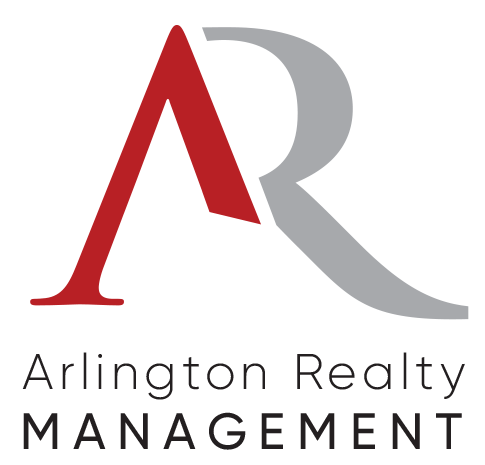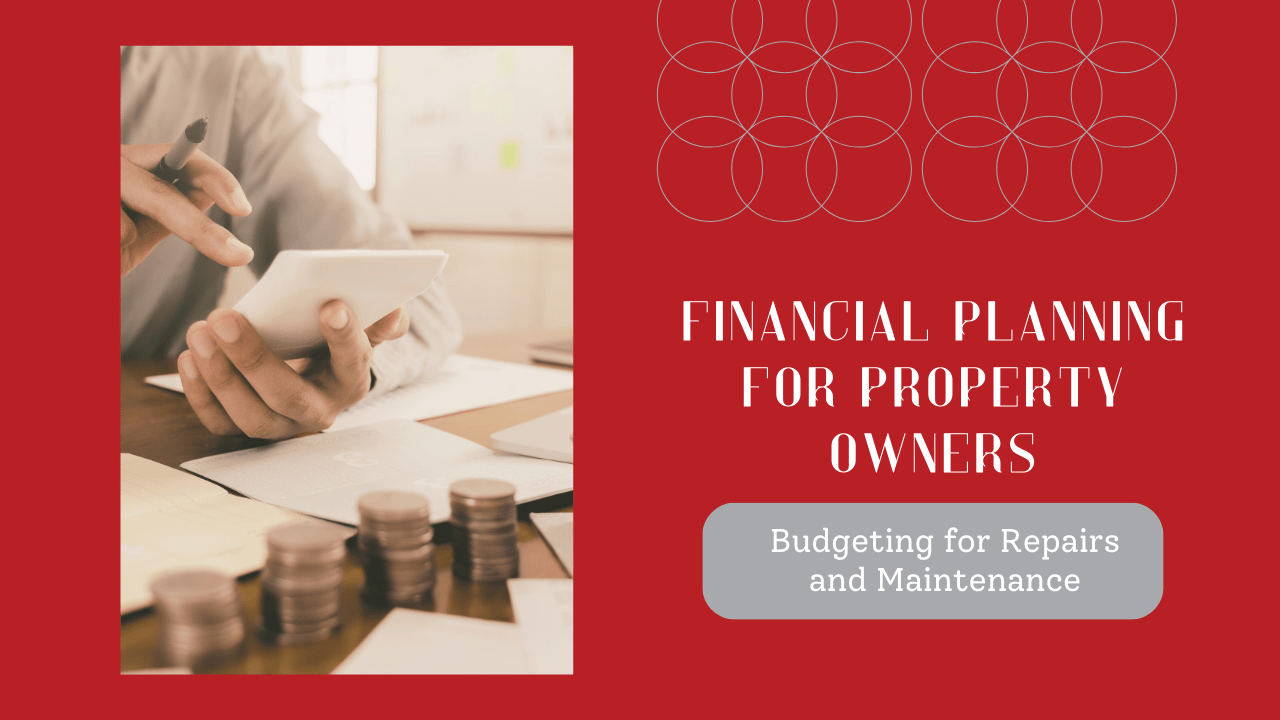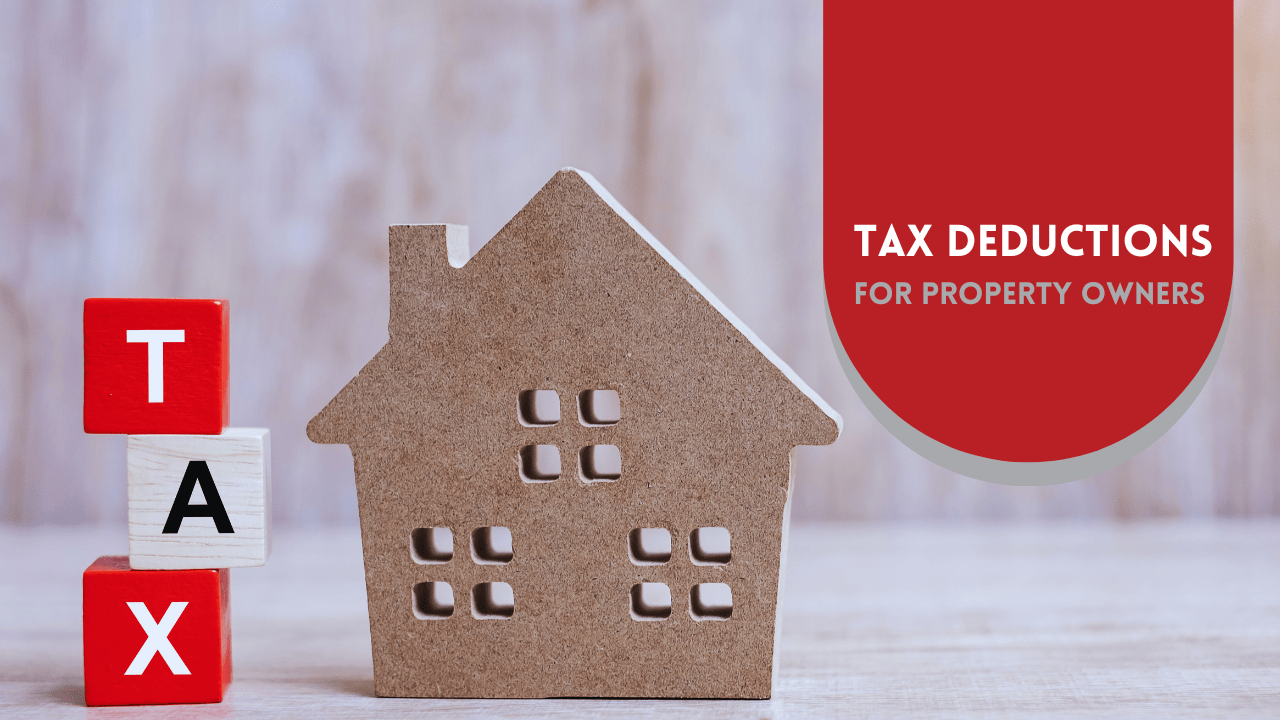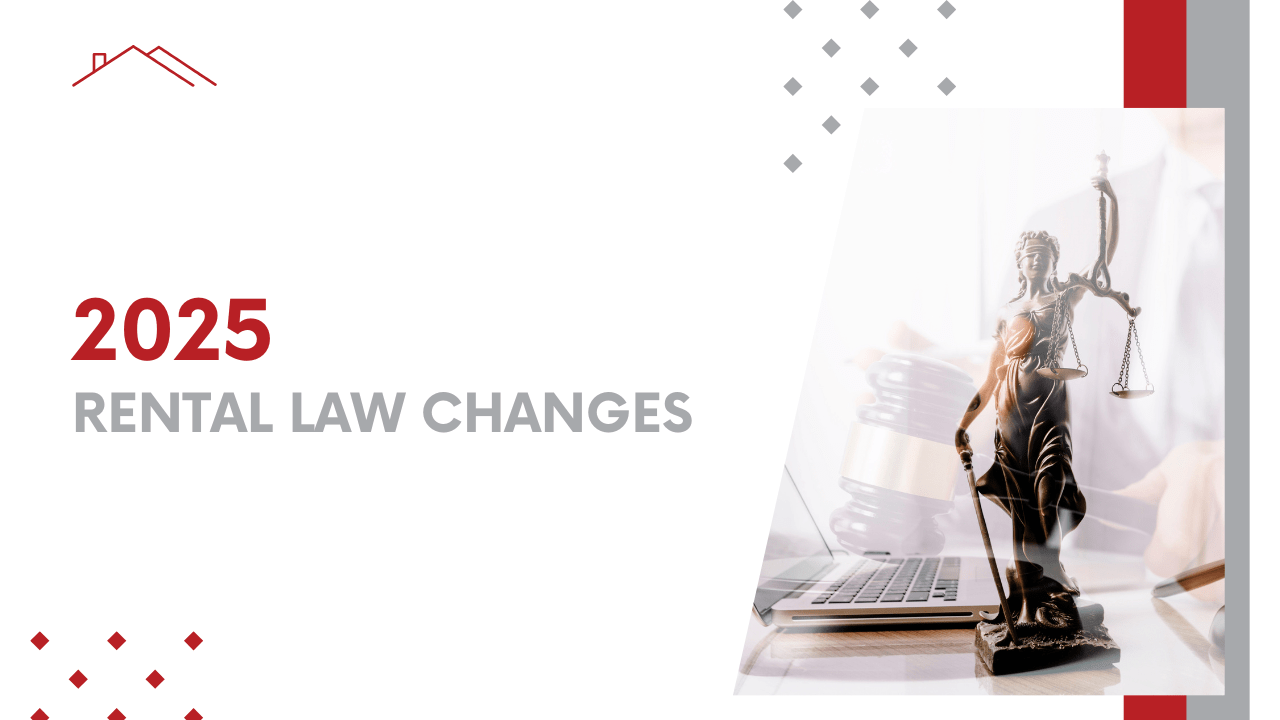Every rental home in Arlington will eventually require maintenance, even if it’s brand new construction and even if it’s in excellent condition. Things get unpredictable, especially when tenants are moving in and out of your home.
There will be general wear and tear. There will be appliances that get old and systems that break down.
You might find yourself needing to invest in a lot of maintenance even before you put the property up for rent.
This requires sound financial planning.
You need to budget. Maintenance is often the largest expense that
real estate investors face when they’re buying and renting out residential homes. As your
Arlington property managers, we’re always going to suggest that you put together a reserve fund and budget carefully for the routine and emergency maintenance that will be required.
It’s hard to know how much is enough, and that’s where financial planning comes in.
What you spend on maintenance will depend on the type of property you’re renting out. There are differences to how you maintain a single-family home and a multi-family property. You’ll budget differently and schedule work depending on the unique needs of your investment.
Create a maintenance budget that accommodates the emergency repairs you don’t see coming, the routine repairs that are generally easy to take care of, especially when you have
good vendors, and the preventative maintenance that will ultimately keep your maintenance costs down.
Here are some of the best ways to structure your financial planning around a maintenance budget.
Getting Comfortable with Projected Maintenance Costs
Before putting together a budget, it’s important to understand the typical costs involved in property repairs and maintenance. These can fluctuate widely based on the age of the home, its condition, and even the climate. Arlington can have some cold winters and hot summers, and that’s going to take a toll on your property. Common expenditures include:
- Routine maintenance, such as plumbing and electrical issues as well as broken appliances, windows, and doors.
- Emergency repairs like unexpected floods, toilets not flushing, and heat not working
- Major improvements or replacements, such as roofing or HVAC systems.
Preventative maintenance will also be ongoing, and with a good preventative plan, you can count on fewer emergency repairs.
Regular inspections can help foresee potential issues, turning unexpected capital expenditures into planned maintenance.
Tracking Expenses with Maintenance Data
When it comes to deciding how much to budget for maintenance, different owners use different formulas.
There’s the 1 percent rule, for example, which is a popular way of budgeting for some owners. This suggests setting aside at least 1 percent of the property’s value annually for maintenance and repairs. For instance, if your property is valued at $800,000, plan to reserve $8,000 per year. However, depending on your property's condition, exact location, and other factors, you might need to adjust this percentage.
Other investors prefer to use a 10 percent method, where they’ll save 10 percent of their monthly
rental income for potential maintenance issues. If your property rents for $3,000 a month, you’ll save $300 every month for possible repairs.
Use the data you already have to help yourself budget. What data is this? Historical expenditures are a good starting point. Take a look at what you spent last year on maintenance. That might help you anticipate this year’s repair needs.
There’s a lot to learn from your past budgets. If you check those financial statements from last year, you’ll get an idea of whether you spent more or less than you thought you would. You’ll be able to analyze whether there was a particular expense that disrupted your budget or if everything went according to plan.
This is a smart starting point when it comes to financial planning and your next maintenance budget.
Setting Aside a Maintenance Reserve
Establishing a reserve fund is critical for managing the financial impact of property maintenance. This reserve acts like an emergency fund specifically dedicated to your rental property's upkeep. On top of the 1 percent rule or the 10 percent savings rule or any other strategy that you’re using, consider adding extra cushioning for unexpected repairs. Anticipate what might be necessary. If you keep good maintenance records, you might know that you’re reaching the end of the expected lifespan for certain functions. Have the reserves ready in case you need to fund a major repair or replacement.
For larger, predictable expenses, a sinking fund is a proactive strategy. It involves setting aside money gradually over time instead of dealing with one large expense suddenly. If you know a roof replacement is on the horizon and it's estimated to cost $15,000, start saving a manageable amount monthly several years in advance.
Vendor Relationships Help with Budgeting and Planning
Build strong relationships with trustworthy vendors and service providers. Negotiating rates with contractors for ongoing service agreements can lead to reduced costs for regular maintenance and preferential treatment during high-demand periods.
You can also count on their expertise. If your HVAC service technician comes to make a minor repair and lets you know that your furnace is looking like it might be in trouble, you’ll know that the expense is coming up soon. Your plumber might be doing a courtesy inspection and notice that there is some rust around the water heater. When you have professional vendors, contractors, and service providers helping you take care of your property, you want to listen to their advice and recommendations. Use this in your financial planning.
When to Repair and When to Replace
It’s often a classic conundrum for rental property owners: is this something that should be repaired, or is it something that’s worth replacing? You need to give it some thought, because the decision you reach will have an impact on your budget.
This obviously depends on the specific problem that you’re dealing with. If it’s a washing machine or a refrigerator, for example, you’ll want to make repairs if the appliance is still under warranty. But, if the appliance is looking dated and you’d be better off with an energy efficient model, go ahead and replace it. Think about your tenants, too. How will they feel if you continually repair a 20-year-old dishwasher? It’s likely better for your tenant retention plan if you replace that.
Accounting for Vacancies
Property maintenance doesn’t stop when your rental is unoccupied. The property still needs to be kept in good condition, potentially adding to your expenses. Plan for these times by adjusting your budget accordingly. You may find that the maintenance costs during
turnover periods are higher than they are when your lease renews. That’s because you’ll need to make some investments in improvements and upgrades. You’ll also be repairing and replacing normal wear and tear that occurred during your tenancy. As you prepare the rental home for your next tenant, you’ll want to invest in good maintenance.
Budgeting for Preventative Maintenance
When an expert is inspecting and servicing these things on an annual basis, you can be sure that small problems are caught while they’re still manageable and inexpensive. Have your gutters cleaned routinely and your roof checked seasonally. Make sure your tenants are changing air filters regularly. While you may have to spend a little bit on these inspections now, it will save you a lot of maintenance money in the long term.
We strongly advise owners to spend what is needed on preventative maintenance. Nothing left to fester ever became cheaper or easier to deal with.
Financial planning for property maintenance and repairs is essential for the longevity and profitability of your Arlington rental property investment. Through detailed budgeting and by establishing reserve funds, you’ll find that planning can be pretty proactive. This will
protect your asset and ensure it continues to generate income for many more years. Don’t give up your property’s profitability by ignoring the necessary maintenance.
Remember the importance of preventative maintenance. Investing in upkeep now can prevent more extensive and costly repairs later. It also contributes to tenant satisfaction and retention.
At Arlington Realty Property Management, we take maintenance very seriously. We work with our owners and investors to ensure there’s enough of a reserve fund in place and some smart budgeting as part of our
property management process.
Let’s create a customized maintenance budget and plan for your rental properties. If you’d like to talk about how strategic maintenance plans can contribute to a better - and more profitable - investment experience for you, please contact us at Arlington Realty Property Management. We’d love to serve as your local property management resource.








